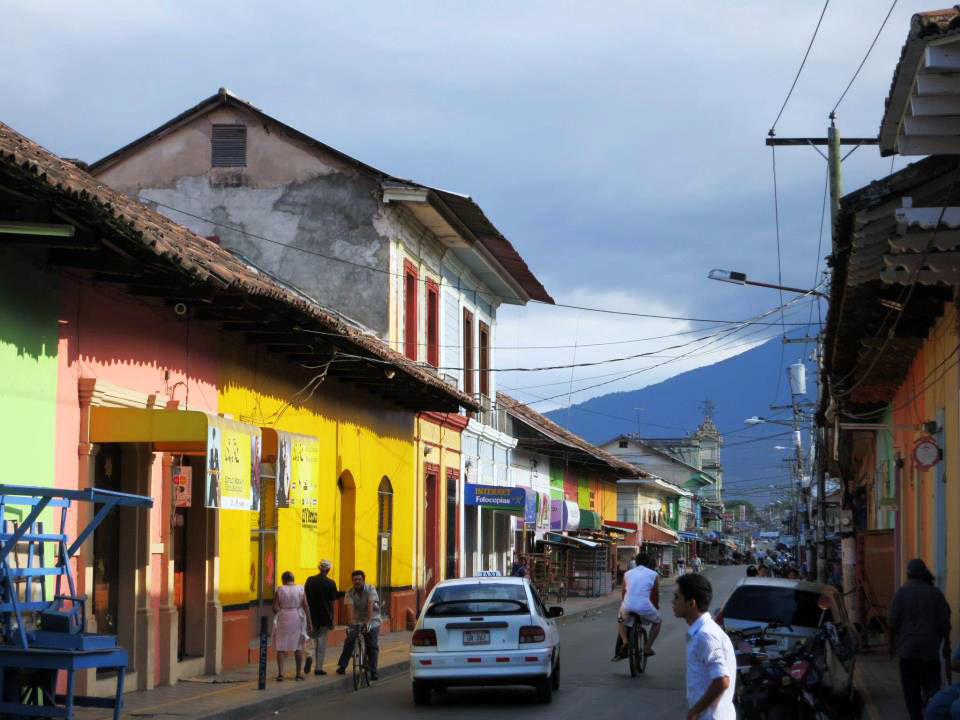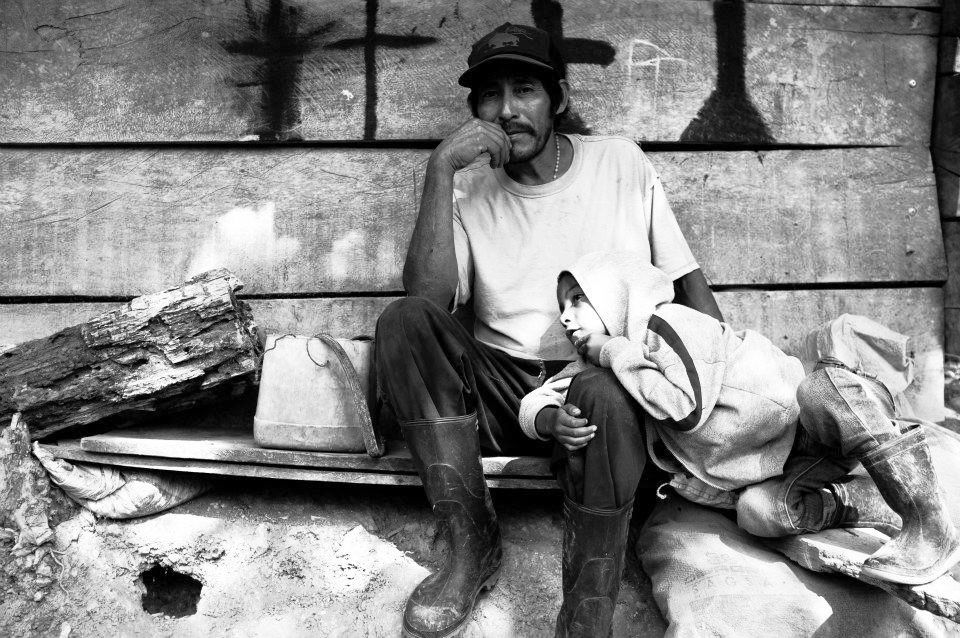Story by: Stephanie Hinson
Photos by: Mike Holland, Roberly Cotton, and Benjamin Barnes
While many were relaxing at home or vacationing over spring break, a group of University of Oregon students were living on an organic farm in rural Nicaragua helping aid the dire problem of water contamination, an experience which they felt to be eye opening and life changing.
Alternative Breaks, run by the Holden Center, is a program that allows students to partake in service learning projects around the world. The trips usually take place during traditional academic breaks such as spring break, winter break and summer. While some are international, many are within the United States, including trips within Oregon.
This spring break, however, a group of students went to Nicaragua on a public health service mission. With each alternative break focusing on a different regional issue, this trip focused their service around the problem of water contamination in a rural community called Los Robles in Jinotega, Nicaragua. According to Comunidad Connect, the non-profit organization the group worked with, “both community and individual health in these areas suffer greatly from the lack of clean drinking water.” Due to the lack of clean water, many locals suffer from illnesses such as diarrhea, dehydration and kidney infections.
“Alternative Breaks is a life changing program, it’s plain and simple. Going to Nicaragua, even for just a week, not only changed my perspective of life in a foreign country, it changed my perspective of life at home,” says Kelly Rodgers, a student who participated in the Nicaragua trip. “I’m much more aware of all of the privileges we are inevitably blessed with just from living in this country. The connections we made with the people of Nicaragua is something I’ll never forget.”
The students on the trip worked through the non-profit organization, Comunidad Connect, specifically a project called Nica Agua, within that organization. The project’s objective is to improve the health of members in the community through the use of water filters. According to Comunidad Connect, diarrhea and kidney infections are the most common illnesses in the rural parts of the country and direct results of water contamination. The program strives to improve this problem by providing clean drinking water with the use of water filters and education.
Participant, Kourtney Moore, recognizes the critical nature of the water problem in Nicaragua. “These people don’t have clean water,” Moore says, “they can’t go up to their sink, if they even have running water, and drink a glass of water. They have to filter all of it, and if they can’t afford a filter it’s easy to get contamination from the water, diarrhea, and from that they get dehydration.”
In order to rectify this issue, the non-profit delivers water filters called Filtrons to different people in the community, including schools and individual families. According to their website “the Filtron has proven to decrease the incidence of diarrhea in rural Nicaragua by as much as 90 percent.
“It was very eye-opening. It makes you put into perspective your own life. What’s important here, is very different from what’s important there,” says Moore.
Within the community of Los Robles, the students surveyed residents that had a Filtron for the past few years. They checked to make sure the residents knew how to use and clean the filters properly and surveyed them to see if their health had improved since using the filter.
“We just take so many things for granted here. It was really cool to learn about how they got their water and just about their culture too,” says Alicia Ly, a student on the Nicaragua trip.
According to Ly, through doing different types of service learning, Alternative Breaks allows students to learn about different issues in the world and learn about themselves during the process. She recognizes the diversity that exists within the program, and within the Nicaragua trip specifically. Students of different grades and majors, varying from biology to journalism to business, collaborated for a common cause that interested them.
Through Alternative Breaks and service learning, the students in Nicaragua not only gained real world experience, but also became more aware of the world around them – the trip was an invaluable experience and truly life changing.









